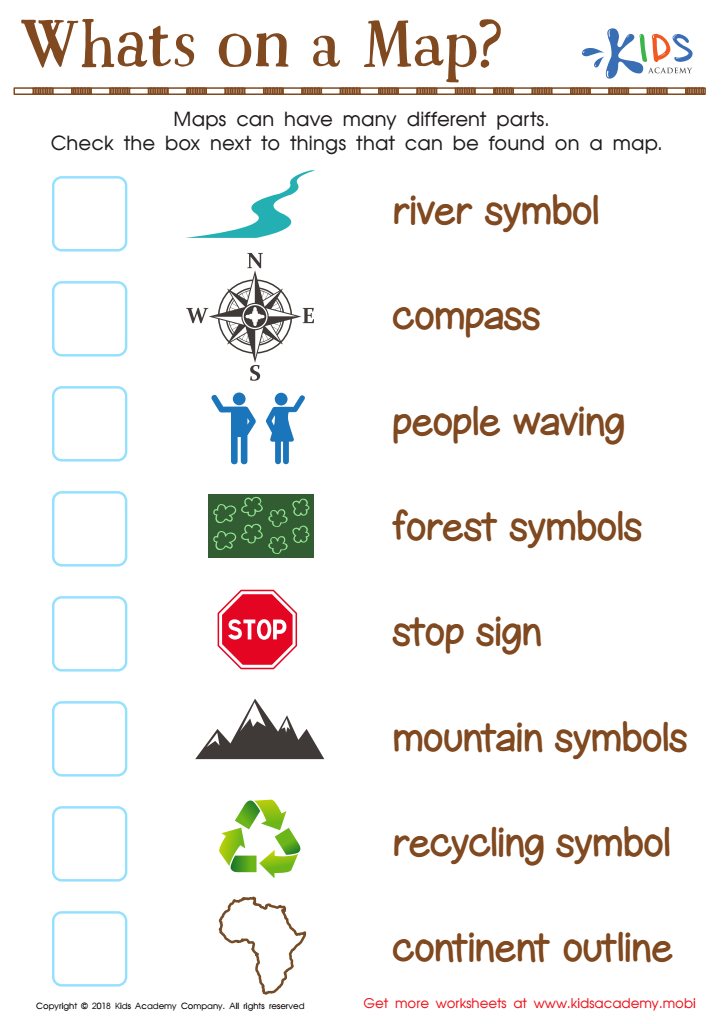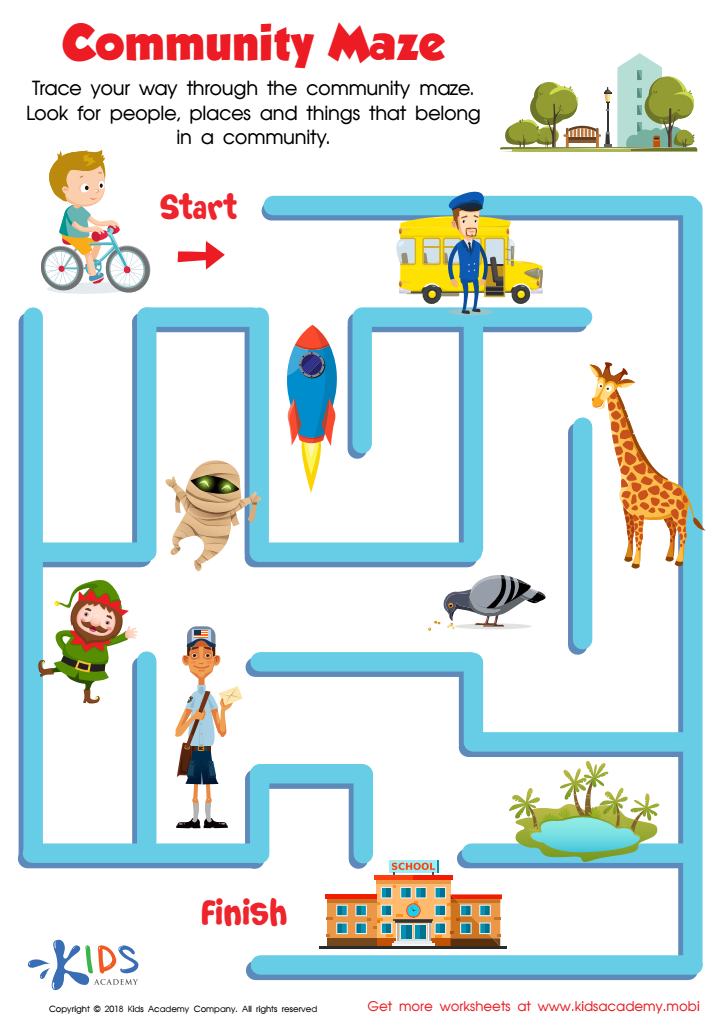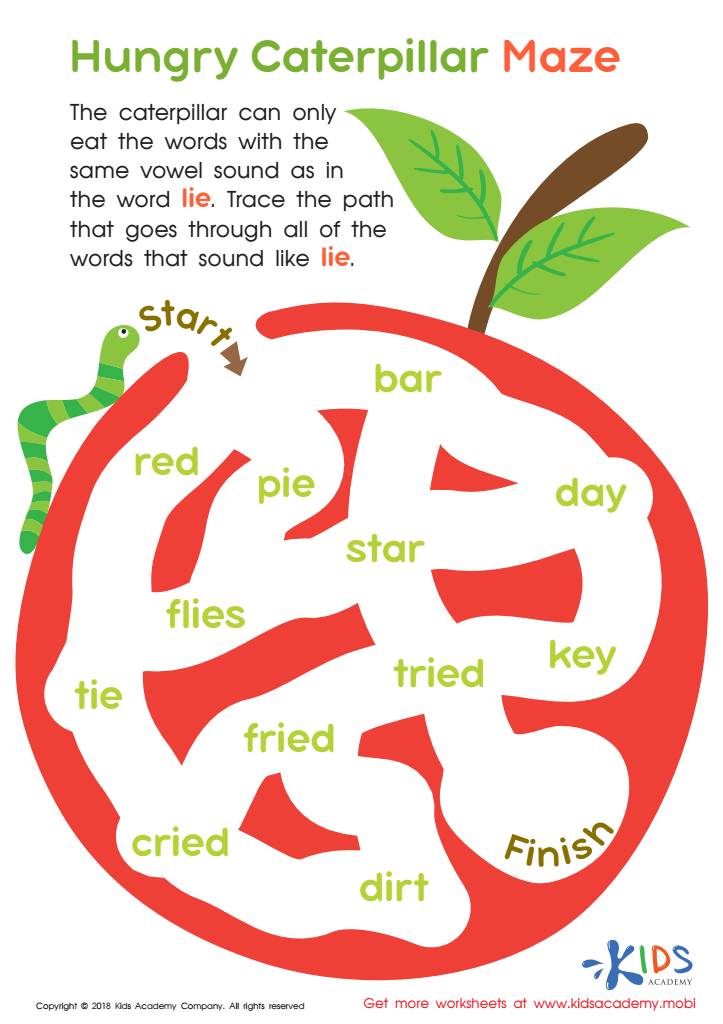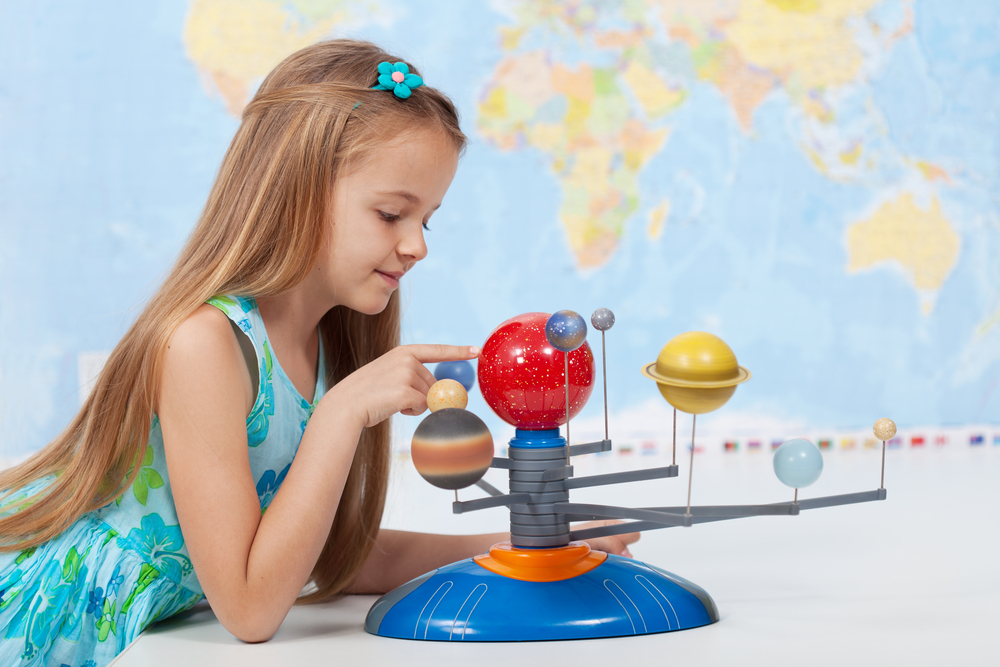Directional skills Worksheets for Ages 4-6
3 filtered results
-
From - To
Nurture your child's spatial awareness and coordination with our engaging Directional Skills Worksheets for Ages 4-6. Each worksheet is thoughtfully designed to help young learners grasp fundamental concepts like up, down, left, and right through fun and interactive activities. These exercises not only bolster essential navigation skills but also enhance critical thinking and problem-solving abilities. Ideal for pre-K and kindergarten students, our worksheets make learning directions enjoyable with visually appealing illustrations and easy-to-follow instructions. Give your child a head start in early education with our expertly crafted directional skills worksheets, making learning intuitive and delightful.


Whats on a Map? Worksheet


Community Maze Worksheet


Hungry Caterpillar Maze Worksheet
Directional skills refer to the ability to understand and use concepts like left, right, up, down, forward, and backward. For children ages 4-6, mastering these skills is crucial for several reasons.
Primarily, directional skills are foundational for reading and writing. Understanding how to move from left to right across a page and from top to bottom in reading texts helps kids navigate books and papers. This basic orientation is also crucial when starting to form letters and words correctly in writing.
Secondly, directional skills are vital for cognitive development. They foster spatial awareness, which is essential for solving puzzles, understanding maps, and grasping the relationships between objects around them. This spatial awareness further influences mathematical concepts, such as shape recognition and geometry, which are introduced during early childhood education.
In addition, refining directional skills contributes to physical coordination. Activities like playing sports, dancing, and even everyday movements like dressing or participating in playground games require an understanding of direction to move efficiently and safely.
Moreover, confidence and independence grow as children master these skills. Being able to follow directions and navigate their environment effectively enables children to participate more fully in both academic and social activities, giving them a sense of autonomy and capability in their world. As such, fostering these skills sets a solid foundation for future academic success and overall development.

 Assign to My Students
Assign to My Students






.jpg)














